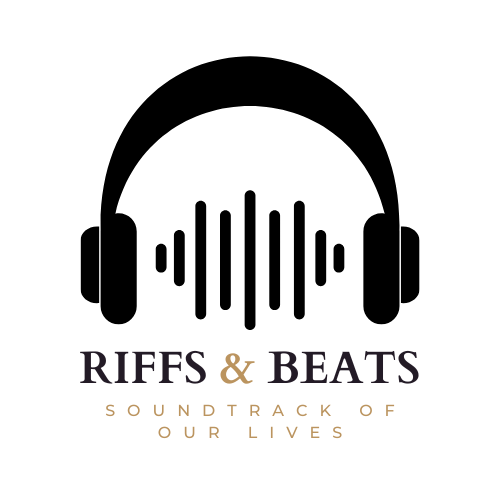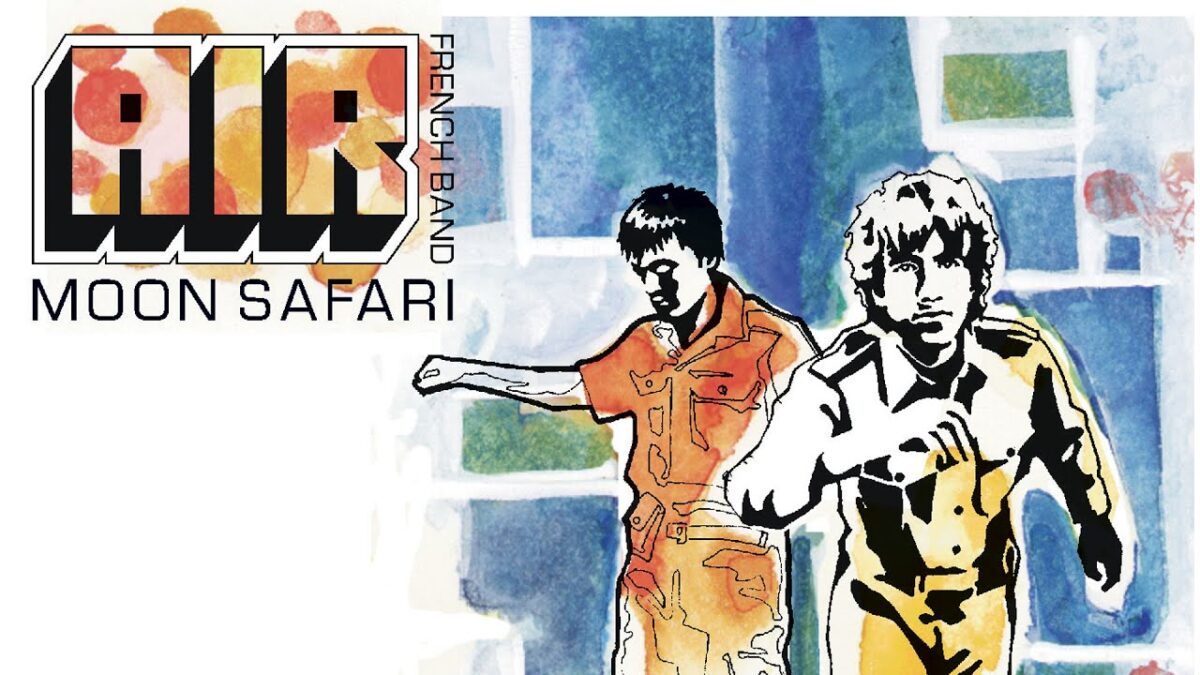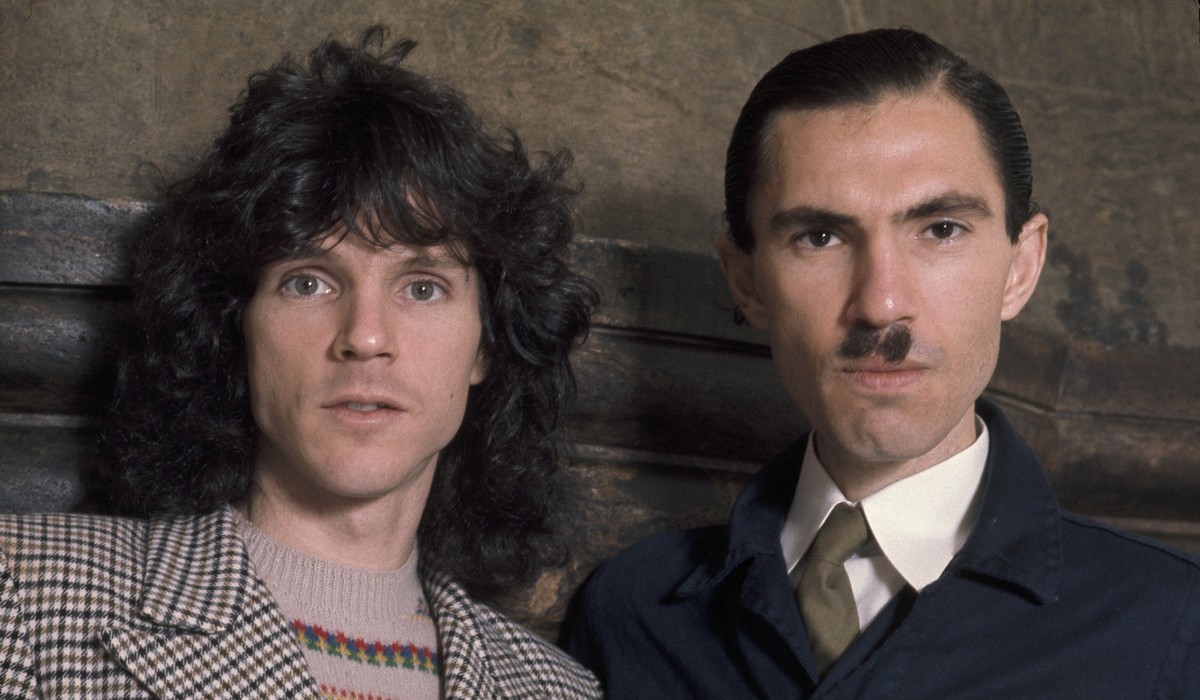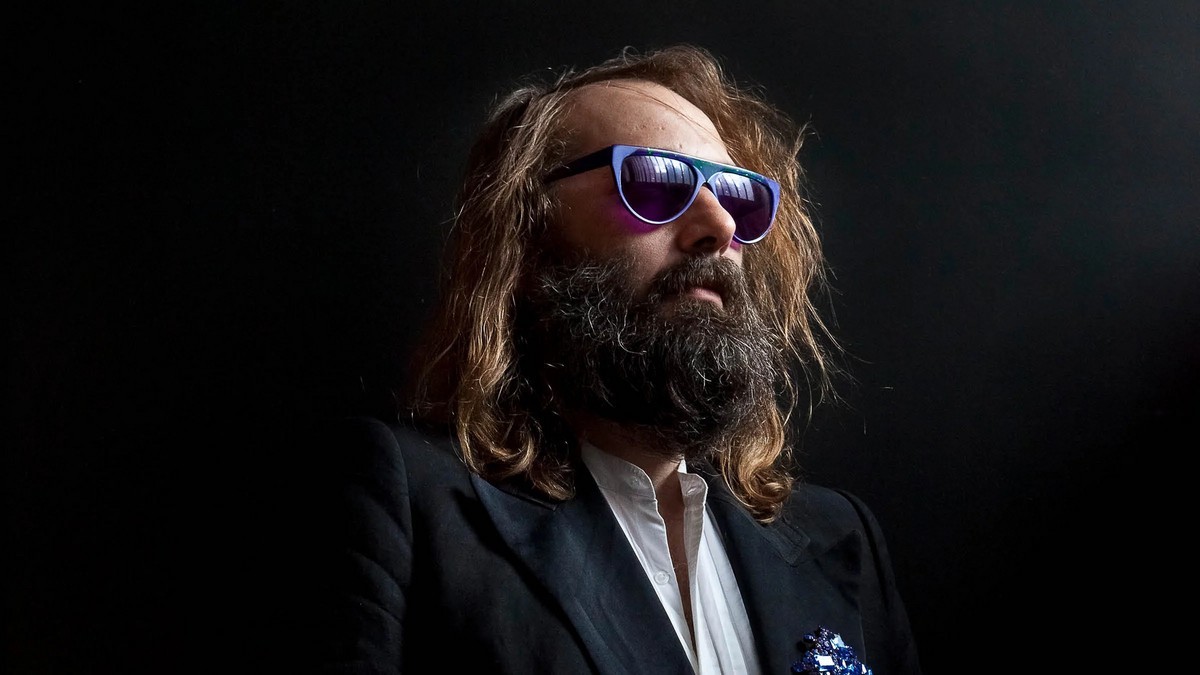Songs for the end and beyond
Basildon, Essex, 1980. A group of young men with cheap synthesizers and sharp fringes gather in suburban bedrooms and community centers. They are surrounded by Thatcher’s England, grey streets and fluorescent kitchens. Vince Clarke writes bright melodies that shimmer like supermarket lights, and Dave Gahan steps in with his leather swagger and deep voice. They call themselves Depeche Mode. They play catchy electronic pop with a smile and a twitch, and soon their single Just Can’t Get Enough explodes in clubs across the UK. It is sugar-coated, immediate, addictive. A perfect anthem for early synthpop.
After Vince leaves, Martin Gore takes the lead in songwriting. The sound turns darker, more intimate. See You, Leave in Silence, Everything Counts unfold with metallic rhythms and hushed emotions. The band walks away from polished pop and leans into shadows. Construction Time Again and Some Great Reward bring in industrial textures, sampled noises, and themes of control, desire, and fate. Alan Wilder shapes the sonic architecture with meticulous precision. The music gets colder and more physical. Fans follow them into these darker corridors without hesitation.
Black Celebration and Music for the Masses push the band further into soundscapes built on tension, ritual, and longing. Gahan’s voice becomes heavier, Gore’s lyrics more exposed. The shows grow larger. The Rose Bowl concert in 1988 seals their status as global icons. Then comes Violator, with its sleek surfaces and undercurrents of obsession. Personal Jesus, Enjoy the Silence, World in My Eyes flood the airwaves. Corbijn’s imagery turns them into statues of modern disillusion. The album becomes a milestone, not for its popularity, but for its purity.
The early nineties test them. Gahan slips into addiction. Songs of Faith and Devotion bursts out with sweat, guitars and gospel tones. I Feel You, Walking in My Shoes, In Your Room are cries from the brink. The tour becomes endless. Alan leaves. Dave nearly dies. And yet the band keeps going. The sound mutates but stays unmistakable. Each album feels like a survival, a page torn from a scorched diary. They do not seek to reinvent themselves. They document what remains.
Ultra arrives in 1997 with bruised electronics and ghostly melodies. Barrel of a Gun opens like a threat. Home becomes an anthem of wounded pride. Exciter follows with whispers and synthetic warmth. The 2000s see a band marked by age, but not tamed. Playing the Angel brings new force. Precious, Suffer Well, A Pain That I’m Used To echo their past with a voice that has nothing left to prove. Gahan contributes lyrics now. The duo becomes more fluid, less fixed. Their bond carries the weight of decades.
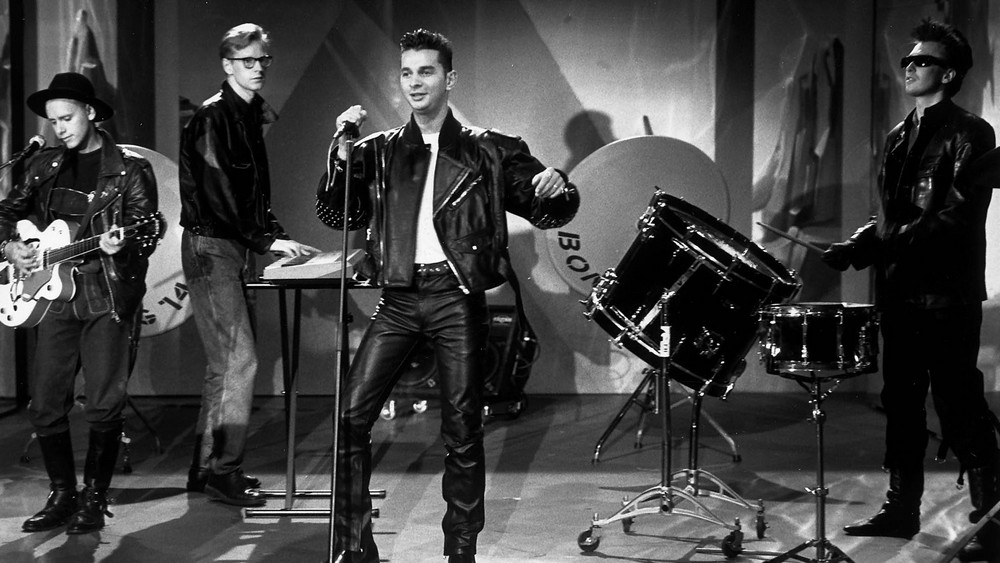
Sounds of the Universe and Delta Machine keep the machine moving. Bluesy loops, digital decay, and stubborn beats stretch across the albums. The band no longer chases trends. Their music feels like breath on cold glass. Each tour grows in scope. The audience sings every word. Heaven, Should Be Higher, Welcome to My World pulse with slow intensity. The visuals stay striking. The rituals remain intact. The group moves like an organism with its own rhythm and hunger.
In 2017, Spirit lands in a world cracking at the seams. The lyrics turn political, almost resigned. Where’s the Revolution, Cover Me, Going Backwards paint bleak landscapes. Yet the melodies carry flickers of warmth. The tour stretches far and wide. Fletch stands behind his keyboard, solid and serene. Gahan throws his arms wide like wings. Gore sings Somebody in a halo of silence. There is no need to explain. The connection is physical, cellular, permanent.
In 2022, Andrew Fletcher dies. The core of the trio is gone. Mourning shapes the next steps. In 2023, Memento Mori emerges. The title speaks softly. The songs look death in the eye and sing anyway. Ghosts Again, My Cosmos Is Mine, Wagging Tongue reflect absence and continuation. Gahan and Gore tour the world, older and unwavering. The shows sell out. The crowd comes in black, chanting every chorus like scripture. The grief becomes music. The silence becomes sound.
Depeche Mode remains. Their tracks linger in clubs, films, earbuds, memories. They have shaped generations of artists without seeking credit. They have crossed decades with no clear destination. Their legacy is not frozen in time. It breathes, it shifts, it endures. Their name still flickers in neon across stadium screens. The sound keeps changing its skin. And the pulse never stops.
